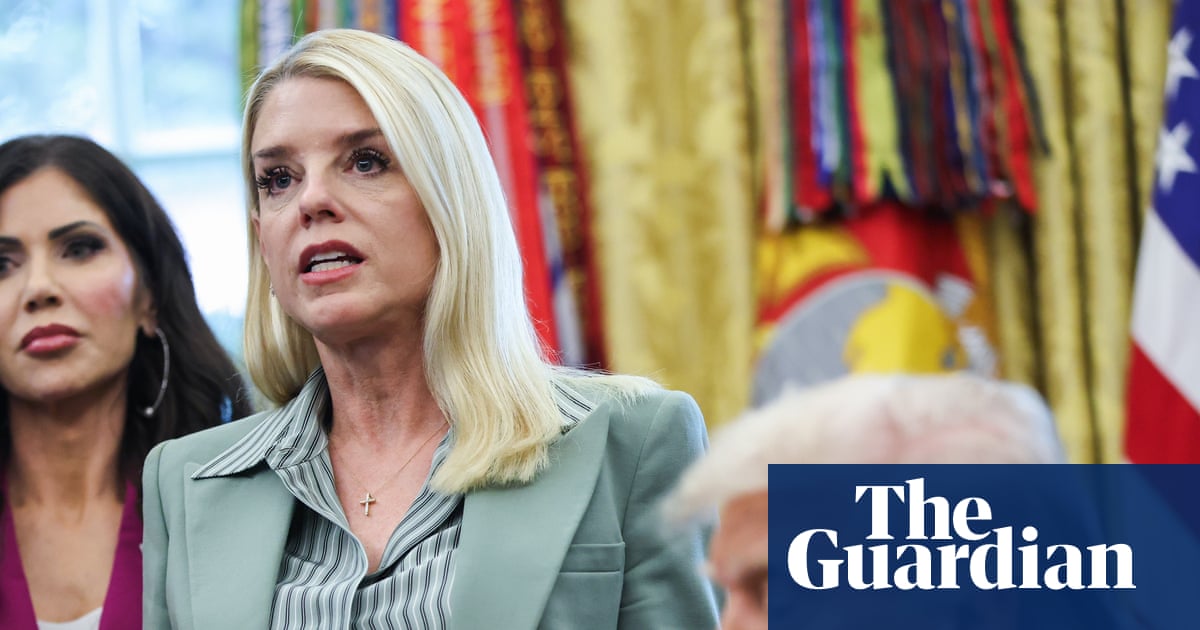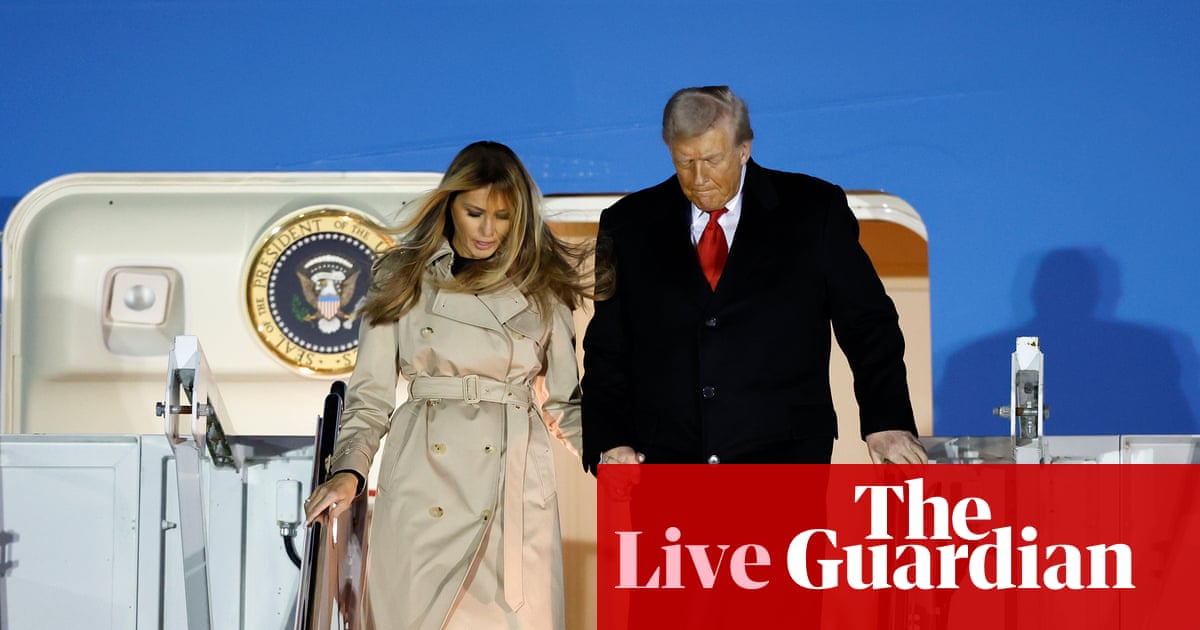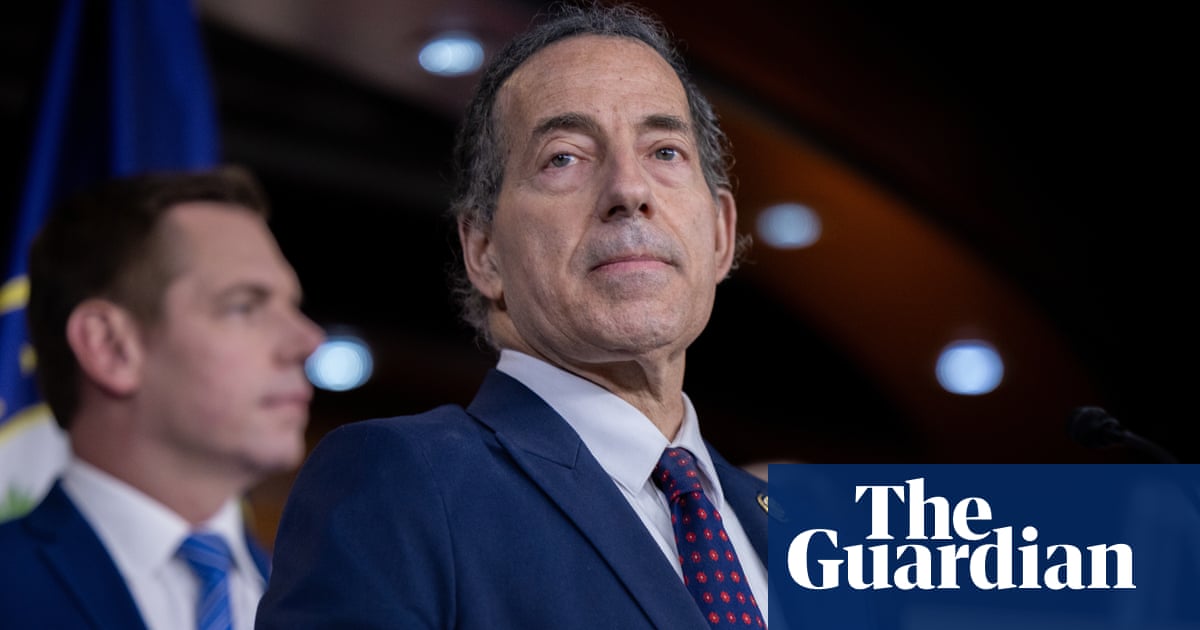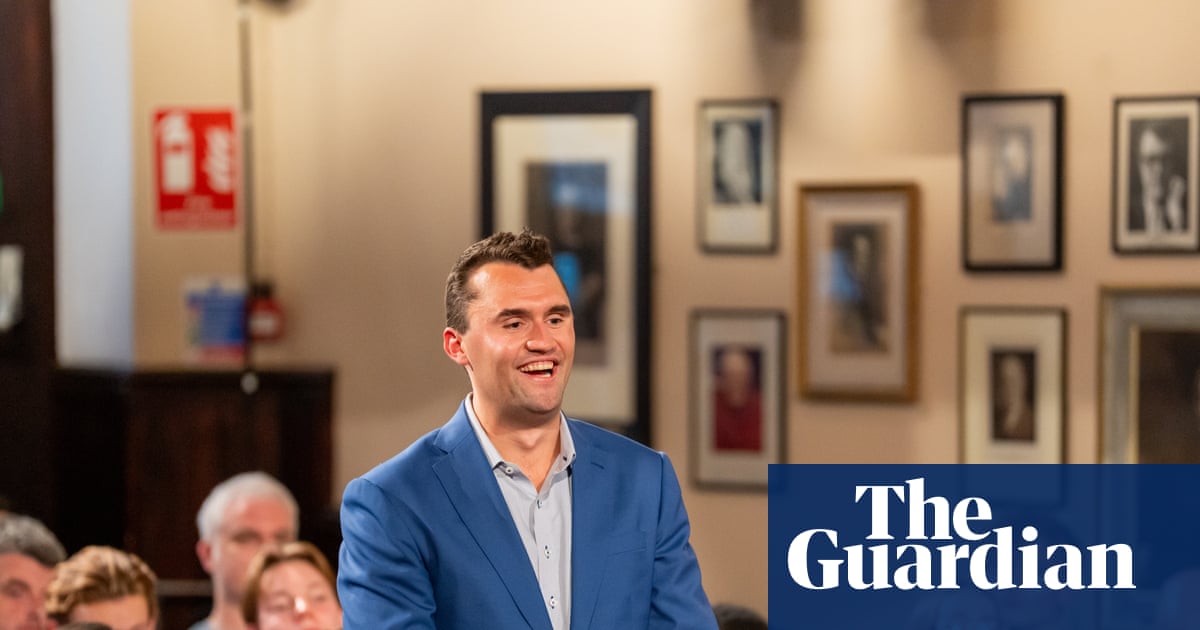Interpreters are not required for visiting US heads of state, but that doesn’t mean Donald Trump and Keir Starmer will speak the same language this week. The UK prime minister will practise the art of tactful diplomacy emphasising mutual advantage and historical alliance. Most of the words in that sentence mean nothing to a president who is fluent only in self-interest.
Given the likelihood of miscommunication between two men from such different political cultures – the showbiz demagogue and the lawyer technocrat – relations have been remarkably friendly and, in Downing Street’s estimation, fruitful.
The contrast in styles has been turned to an advantage. The prime minister’s quiet solicitousness makes no competitive claim on the president’s limelight.
Trump has praised Starmer as a “good man” with a “beautiful accent”. He has agreed trade terms that are marginally less vindictive than the tariff regime applied to the rest of Europe. British lobbying has been instrumental in softening White House disdain for Nato and nudging the president towards scepticism about Vladimir Putin’s motives in Ukraine.
Managing the transatlantic relationship is one of the few things Starmer’s shrinking band of loyalists confidently cite as an achievement. Privately, some of the prime minister’s Tory opponents concede the point. But in the restive ranks of the Labour party, and a broad swath of public opinion, Trump is seen as a monster whose flimsy favours are not worth the price in national self-abasement.
Anyone hoping the state visit may include some hint of official rebuke for the honoured guest’s authoritarian character will be disappointed. Flattery and regal pomp to secure Britain’s status as Trump’s most esteemed tributary are the whole point.
Pre-cooked deals on nuclear and tech cooperation will be unveiled. Awkward differences on foreign policy – Britain’s imminent recognition of a Palestinian state; the US’s continued indulgence of Russian aggression – will not be aired in public.
Not by the prime minister, at least. No amount of Foreign Office contingency planning can insure against Trump’s capacity for unscripted sabotage. Even if the personal affection for Starmer is sincere, it is an outlier emotion in a man whose power base throbs with hostility to Labour Britain.
The prime minister can only pray that those prejudices don’t surface in some spontaneous televised riff on popular Maga themes – repression of free speech via social-media content regulation; submersion of indigenous white folk in a rising migrant tide. Even if that doesn’t happen, the hazard reveals a flaw in the policy of uncritical intimacy with an inherently unreliable regime.
The case for Starmer’s method is that Britain’s economic and security interests are inseparable from US power and will remain so for the foreseeable future. To attempt strategic decoupling out of distaste for an incumbent president would be myopic self-indulgence. Such influence as a junior ally might have over a prickly protector needs to be exercised sparingly in private. The more openly dissenting approach, sometimes showcased by the French president, Emmanuel Macron, doesn’t get results. Besides, France is part of the EU. Brexit puts Britain in a different category in Trump’s mind and, it is said, thereby affords unique opportunities.
A version of this argument was set out in a speech by Peter Mandelson, shortly before his dismissal as ambassador to Washington last week. The thrust was that the 21st century will be shaped by superpower rivalry between the US and China. The winner will be the one that dominates in the fields of AI, quantum computing and other such innovations with awesome dual-use military applications. Britain is disproportionately competitive in this field, given its size.
In short, the UK is bound by common interests and post-Brexit realpolitik to join Team USA when the only alternative is a world order dictated by the Chinese Communist party. “Like it or not, our US partnership has become indispensable to the functioning of our nation,” said Mandelson.
That perspective will continue to shape the government’s foreign policy regardless of who is the ambassador to Washington. It contains some truth about the new technological arms race but, more importantly, it goes with the deep grain of Britain’s postwar Atlanticist bias. It also brushes aside any obligation to work harder at reintegration with the rest of Europe, which is a fiddly multilateral process. It has complex moving parts and a tendency to start awkward conversations about labour migration. Starmer is making incremental progress in his reset of EU relations. Negotiations on agricultural trade, defence and energy cooperation are ongoing. But the mechanics of cosying up to the White House are simpler and the reward in political gratification comes quicker.
Trump does deals briskly, but he undoes them just as fast. His word is not a bond. His commitments are conditional. Preferential treatment for British business might be promised, but not delivered, or partly implemented, and one day reversed. The president signed agreements in his first term that count for nothing now. His modus operandi is extortion, the classic protection racket. He inflicts pain – tariffs for foreign governments; lawsuits or bureaucratic harassment for domestic companies – and offers to relieve the suffering in exchange for some commercial advantage. Paying up encourages the bully to come back for more.
This is the economic corollary to Trump’s political assault on judicial independence, pluralism and the rule of law. British citizens might not be directly threatened by deployment of the national guard to US cities under the guise of law enforcement or a paramilitary immigration force that kidnaps people from the streets, but that doesn’t mean the corrosion of democracy in the US has no bearing on UK interests.
For one thing, the Maga project provides a template that Nigel Farage is admiring, ready to implement something along the same lines if Reform UK ever form a government. Denying them that opportunity will be easier if arguments against authoritarian nationalism have been rehearsed in advance of the general election campaign.
That case should be made in principle, but it applies also to pragmatic calculations of geopolitical influence. Downing Street denies there is a choice to be made between restored relations with Brussels and Washington, but Trump is a jealous master. Fealty to the super-potentate across the Atlantic is an all-in gamble. There is an opportunity cost in terms of strengthening alliances closer to home, with countries that respect treaties and international rules.
That tension may be avoided if Trump’s reign turns out to be an aberration. He is old. Maybe a successor, empowered by a moderate Congress, will reverse the US republic’s slide into tyranny. It is possible. But is it the likeliest scenario in a country where political violence is being normalised at an alarming rate? What is the probability of an orderly transfer of power away from a ruling party that unites religious fundamentalists, white supremacists, wild-eyed tech-utopian oligarchs and opportunist kleptocrats who cast all opposition in shades of treason?
These are not people who humbly surrender power at the ballot box, or even run the risk of fair elections. They are not people on whose values and judgment Britain should be betting its future prosperity or national security.
-
Rafael Behr is a Guardian columnist

 German (DE)
German (DE)  English (US)
English (US)  Spanish (ES)
Spanish (ES)  French (FR)
French (FR)  Hindi (IN)
Hindi (IN)  Italian (IT)
Italian (IT)  Russian (RU)
Russian (RU)  4 hours ago
4 hours ago
























Comments